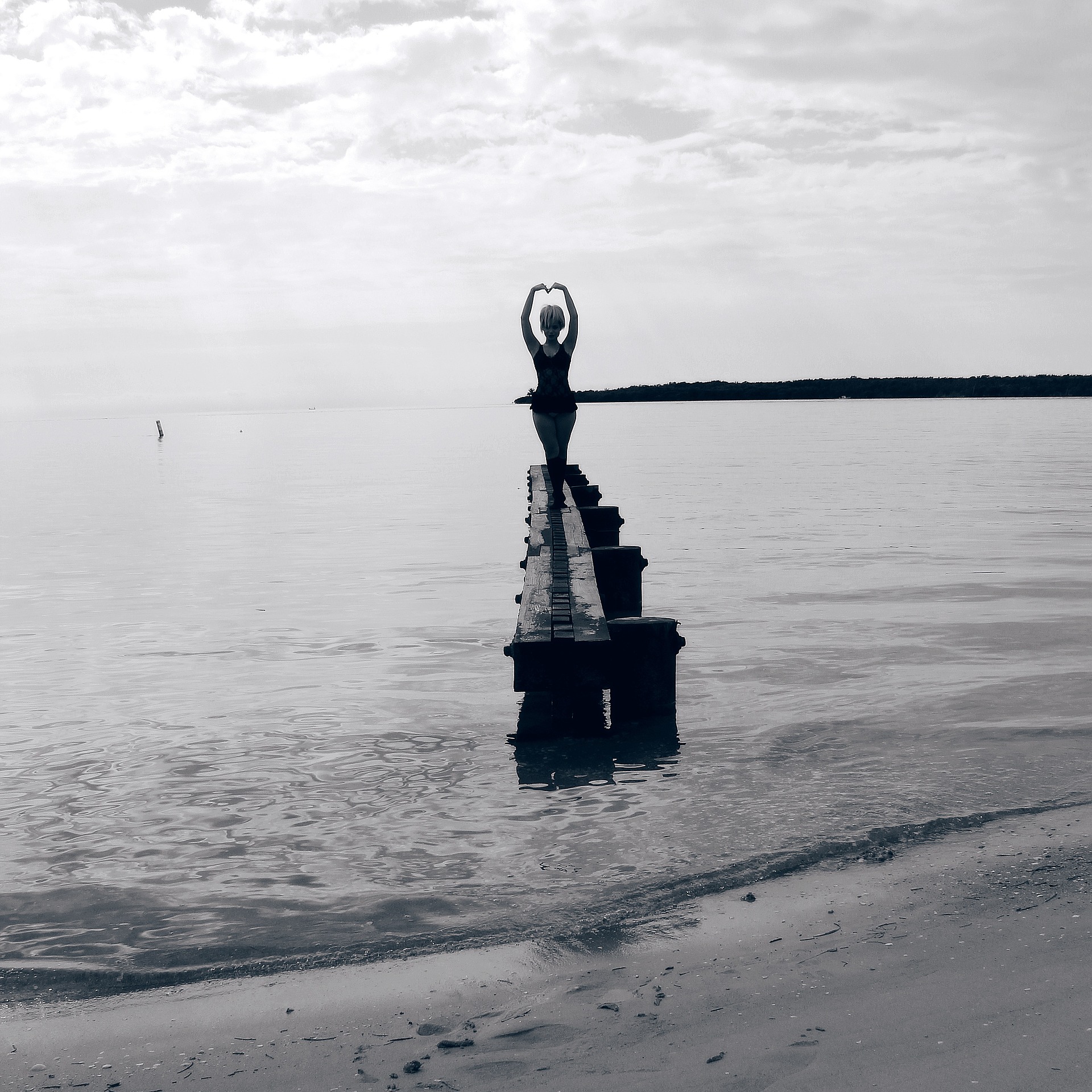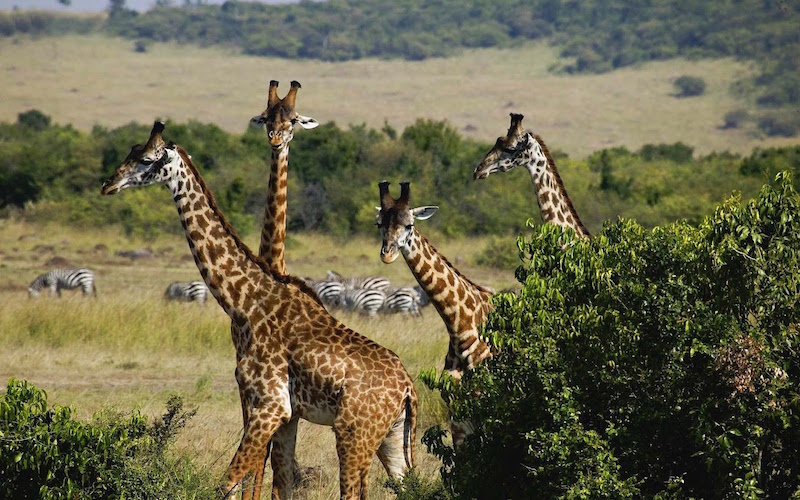Strange Lands
Chrysta Brown
 A big bank just released a campaign with the following line, “A ballerina yesterday. An engineer today. Let’s get them ready for tomorrow.” When I saw it, a chuckle snuck out before I could muster up the will to be outraged. And I should be outraged. I should be offended and threaten to pull my patronage, at least, that’s what the dancers that make up a bulk of my Facebook newsfeed tell me. This advertisement is just one more national campaign that invalidates the important contribution artists make to society and discourages young people from careers in the arts, or whatever.
A big bank just released a campaign with the following line, “A ballerina yesterday. An engineer today. Let’s get them ready for tomorrow.” When I saw it, a chuckle snuck out before I could muster up the will to be outraged. And I should be outraged. I should be offended and threaten to pull my patronage, at least, that’s what the dancers that make up a bulk of my Facebook newsfeed tell me. This advertisement is just one more national campaign that invalidates the important contribution artists make to society and discourages young people from careers in the arts, or whatever.
Here are the ways I’ve been compensated as a dancer from least to most frequent:
Cash Food Wine Class Workshops on how to deduct donated (free) labor from my taxes Networking Opportunities Exposure Experience
Here are the forms of compensation accepted by my landlord:
Cash
So when I see the advertisement with the young lady leaning over a complicated bit of science, what I feel is closer to envy than anger. To quote Roxanne Gay’s essay, “Strange Lands,” about why she decided against being a New York-based writer, “I’m not as interested in struggling or suffering as I once was.” In fact, I cannot say, with full certainty that if someone were to approach me with all the expertise necessary to be an engineer or astronaut that I wouldn’t take the skills and request a very large glass of wine to pair with that bowl of porridge and maybe some cheese to go with that wine.
I would look back, though. I'm like Lot's wife, and the music-filled studio, the dimly-lit stage, the blank pages are all different rooms of home.
Peter, Susan, Edmund, and Lucy of The Chronicles of Narnia were told at the end of book one, “Once a king or queen of Narnia, always a king or queen of Narnia.” At the end of book three, they were lovingly, but promptly, kicked out. “You’re too old,” Aslan told them, “and you must begin to come close to your own world now.”
Though Aslan sent them back to the world of rainy, English afternoons and crowded train stations, he did not take away their crowns, wipe their memories, or reclaim his love. They become members of two realities, both royal and regular at every minute of every day, with the knowledge and experience from one world influencing their decisions in the other.
This multifaceted, dual citizenship is something we admire as long as it stays between the covers of the stories we love. Once we take that same situation off the page, however, it warrants judgment. The ballerina who finds just as much pleasure in putting together dances as she does in putting together computers is shamed and pitied, as if she, like the characters we strive to create cannot love the order of the office and the possibilities of blank spaces that exist to be filled with movement, color, or sound.
The world is strange. It is calm and predictable in one moment, and uncertain and chaotic the next. We honor these things in our work. Perhaps, it would be a good thing to celebrate them in other people. Perhaps, it would be a good thing to celebrate them in ourselves.
